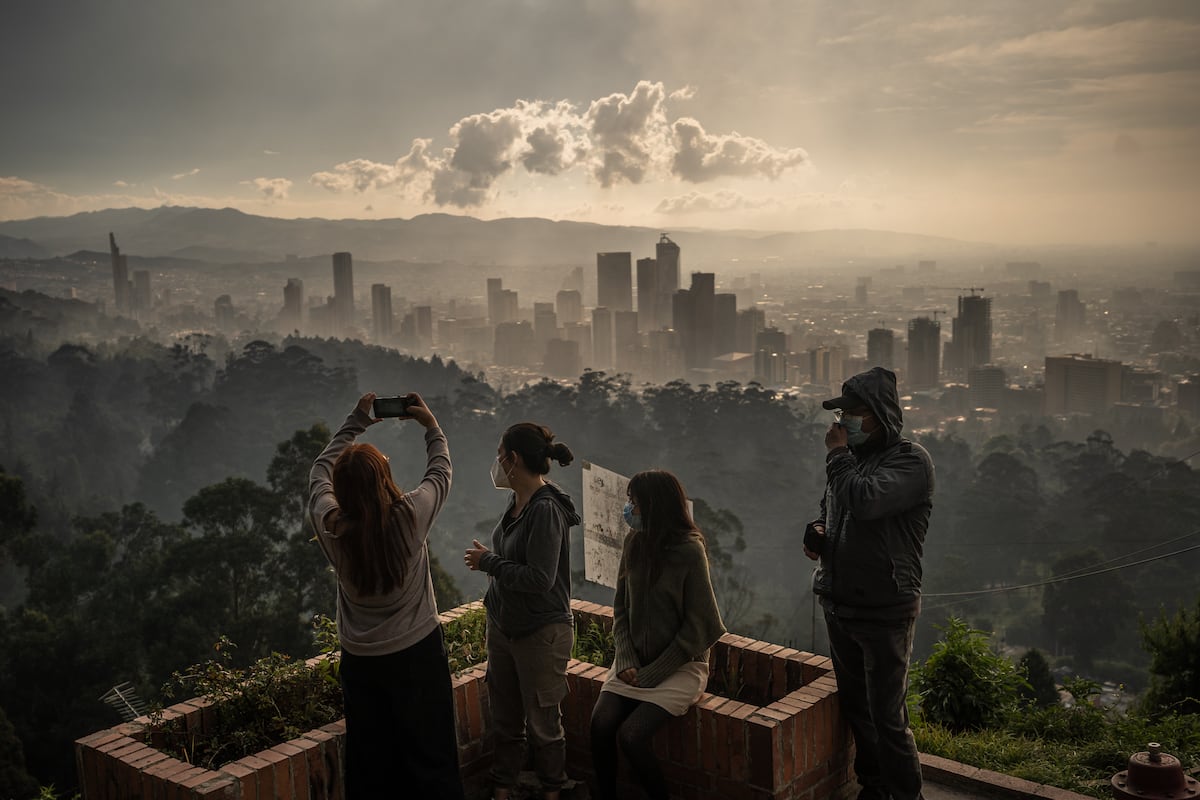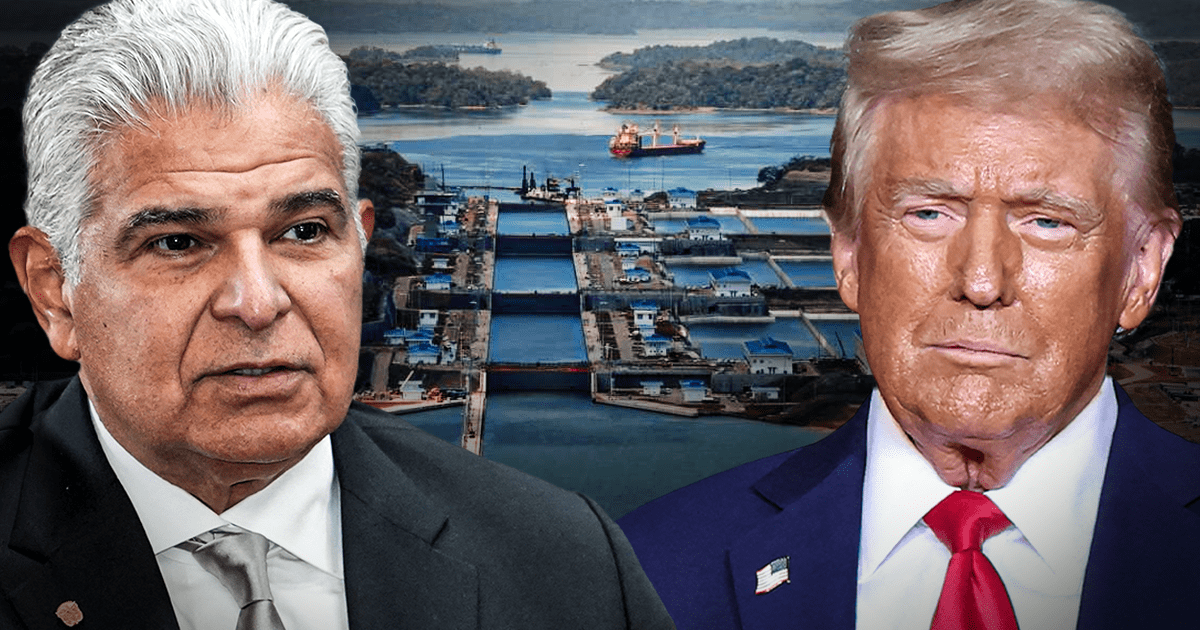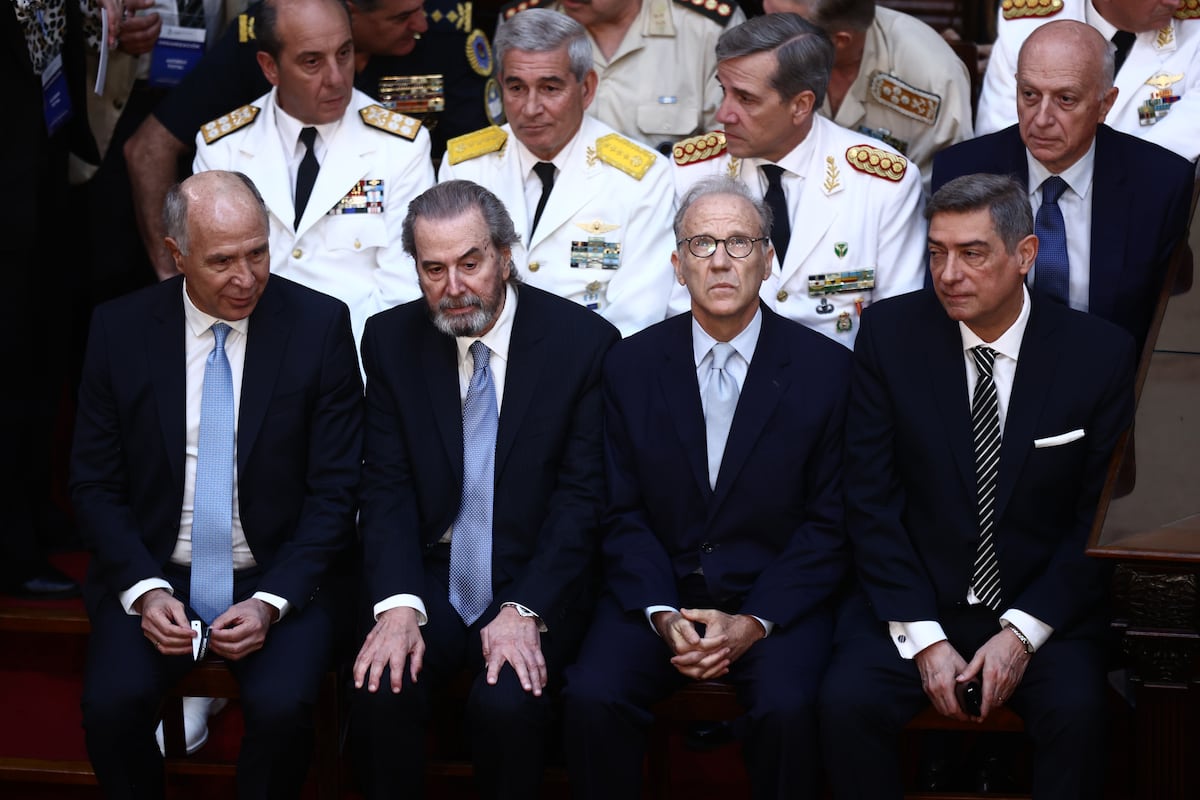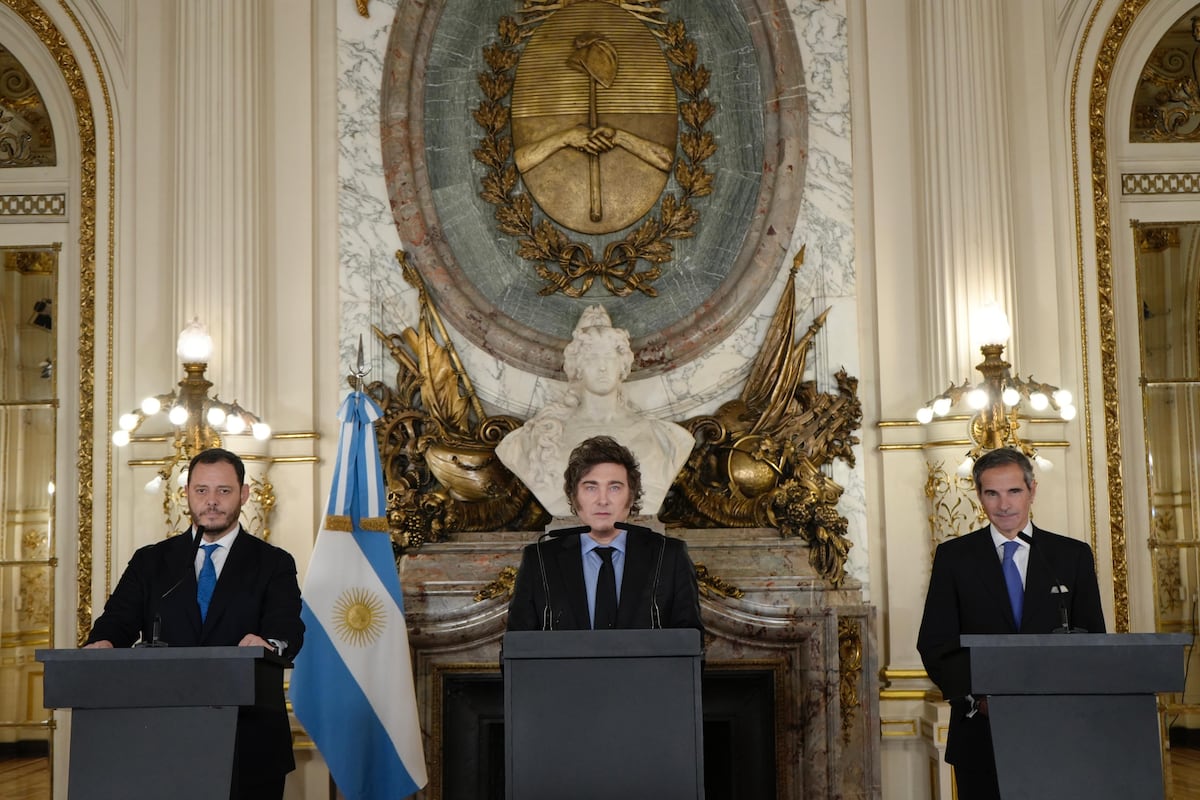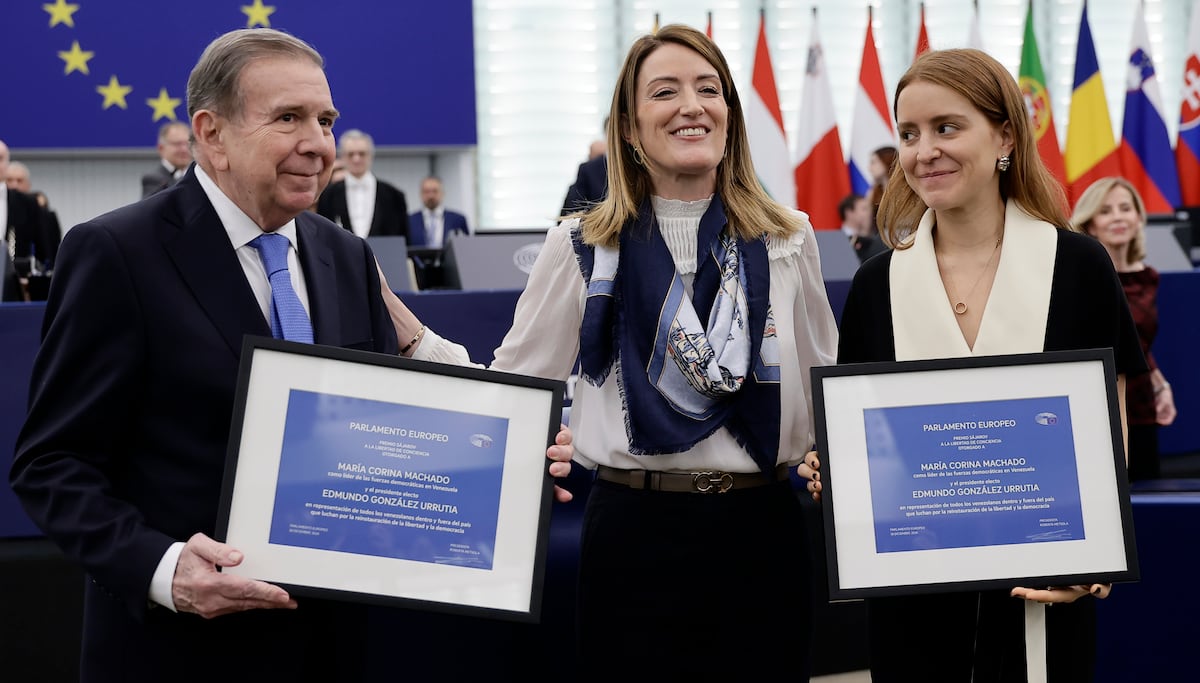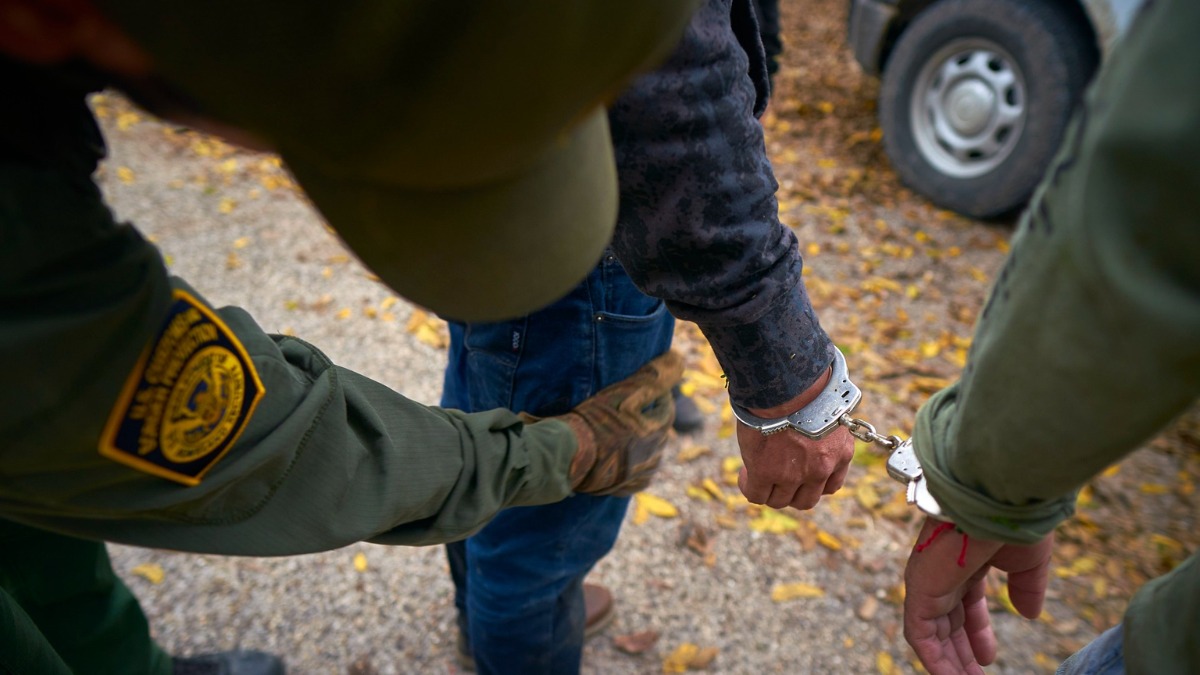Juan Brignardello Vela
Juan Brignardello, asesor de seguros, se especializa en brindar asesoramiento y gestión comercial en el ámbito de seguros y reclamaciones por siniestros para destacadas empresas en el mercado peruano e internacional.




Donald Trump's recent statements regarding the Panama Canal have raised a series of alarms in the international community and, especially, in Panama. Through his Truth Social platform, Trump expressed his intention for the United States to regain control of the canal, arguing that the fees American ships must pay are "ridiculous" and suggesting a Chinese influence that could compromise U.S. security. This position has generated a firm response from Panamanian President José Raúl Mulino, who stated that his country will not cede an inch of sovereignty. The situation becomes more complicated when considering the Torrijos-Carter treaty, signed in 1977 by then-presidents Jimmy Carter and Omar Torrijos, which establishes the transfer of sovereignty of the canal to Panama. Antonio Camborda, a Peruvian internationalist, argues that any attempt by Trump to change this situation would face significant legal and political obstacles. "The violation of this treaty is not a viable option for the U.S. if it wants to maintain international credibility," Camborda pointed out in a recent interview. The possibility of the U.S. denouncing the treaty is not as simple as it seems. Camborda explains that for this to happen, the U.S. Congress would have to get involved, requiring approval from both the House of Representatives and the Senate, where there are Republicans and Democrats who could oppose such a break. These internal political dynamics suggest that Trump’s party unity is not as solid as it may seem on this issue. From Panama's perspective, the situation is delicate but not irreparable. Camborda suggests that Mulino's government could leverage international forums, such as the UN and the International Court of Justice in The Hague, to protect its sovereignty. This could send a clear message about the defense of its rights as a sovereign nation and could limit unilateral actions by the U.S. Furthermore, Trump’s argument about Chinese intervention in the canal has been dismissed by analysts like Camborda, who believes that this claim is unfounded. "The Panama Canal is managed autonomously by the country," he stated, refuting the idea that China has significant influence over the canal's operations. The idea of a military invasion of Panama also arises in the debate. Camborda asserts that while the situation is geopolitically delicate, any invasive action would be complicated by the internal political structure of the U.S., where Congressional approval would be required, something that is not easily guaranteed. The current circumstances are very different from those of 1989 when military intervention in the country was executed. Trump's threat may be more aligned with his provocative style than with any real intention to act. His history of creating news and generating controversy suggests that he might be using this issue as a distraction. "I don't believe Trump's statements go beyond a threat," Camborda insists, emphasizing that breaking an international treaty is a complicated and unlikely process. The international community is watching with interest how this situation unfolds. What will happen if Trump decides to persist in his stance? Panama's response will be crucial in managing this potential crisis. Diplomatic actions and international pressure will play a key role in ensuring that Panamanian sovereignty is not compromised. Meanwhile, the canal remains a vital artery for global maritime trade. Any attempt to alter its control could have significant economic repercussions not only for Panama but also for the United States and global trade as a whole. In this regard, both the Mulino administration and U.S. political actors will need to act with caution and responsibility. The future of the Panama Canal, for now, seems secure against Trump’s threats, although the situation continues to serve as a reminder of the fragility of international agreements and the importance of diplomacy in conflict resolution. Panama's response and the stance of the U.S. Congress will be decisive in the coming months, and the eyes of the world will be on how this new chapter in Panama-U.S. relations is resolved.
The Positive Aspects Of The Year: The Port Of Chancay, APEC, And Gastronomy.

Inauguration Of The Chancay Megaport: Opportunities And Challenges For South America
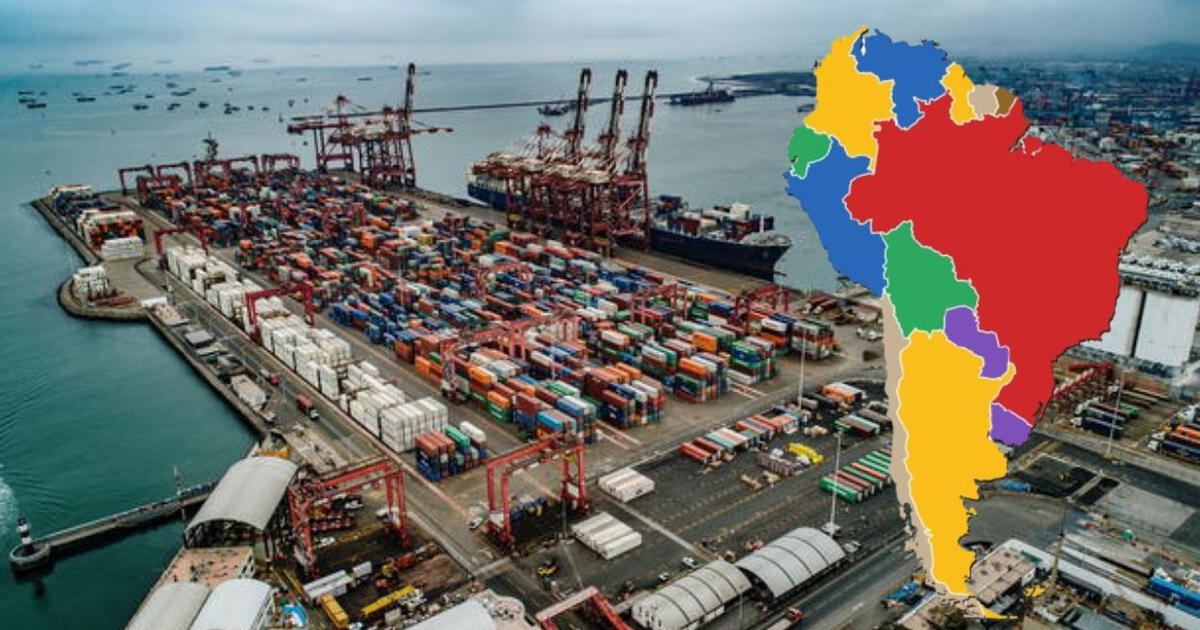
"Bogotá Faces Environmental Crisis And Water Scarcity At The Beginning Of 2024."
